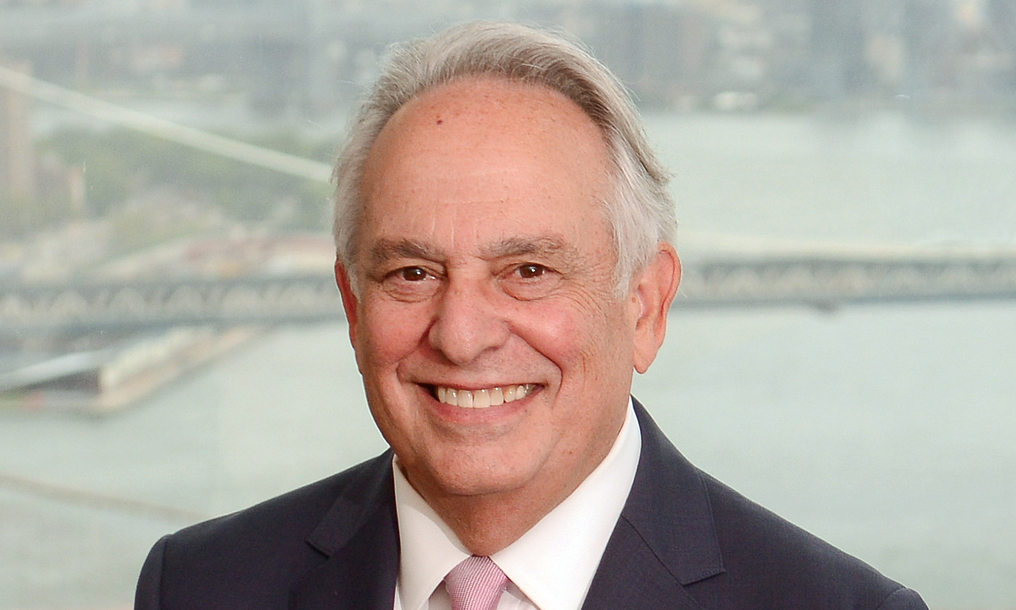 Jerry H. Goldfeder, special counsel, Stroock & Stroock & Lavan (Photo: David Handschuh/NYLJ)
Jerry H. Goldfeder, special counsel, Stroock & Stroock & Lavan (Photo: David Handschuh/NYLJ)
Senator Amy Klobuchar (D-Minn.) recently introduced the Natural Disaster and Emergency Ballot Act of 2020, which, in addition to making it easier to vote by mail, would require states to promulgate contingency plans for voting during natural disasters or health crises. It was referred to the Senate’s Committee on Rules and Administration, and no further legislative action has been taken. Given the partisanship in Washington—even during the pandemic—one may assume the bill will not pass this year.
Thus, despite a growing chorus of election scholars urging establishment of protocols in advance of November, there remains no plan to manage what is likely to become an election fraught with political disarray and voter confusion caused by restrictive or ambiguous voting procedures in many states. On top of that, there may be a spike in the coronavirus. Should that occur, for example, in Democratic-leaning Miami-Dade county, Florida’s Republican governor may resolve voting issues differently than Oregon’s Democratic governor might handle an outbreak in her state’s rural Republican counties. Even if the pandemic subsides, an errant weather event, such as a late-season hurricane or nor’easter on the Atlantic coast or an early-winter blizzard in the Midwest, can impact voting on Election Day. Absent national plans, each affected state’s governor would be free to respond idiosyncratically. Disparate responses could, of course, skew the eventual outcome of the election.
Ever since 9/11, I have focused on how natural disasters or terrorism could affect our elections. New York City was attacked on the day of a mayoral primary election and I was the campaign lawyer for the leading candidate, and although I had spent weeks training lawyers in the country’s first organized election protection program after the Bush v. Gore fiasco we had not anticipated an attack that would effectively shut down the city. Nor did the Board of Elections.
Questions arose and decisions had to be made. Who had authority to cancel/postpone the primary election? (The governor exercised plenary emergency powers to suspend existing election laws.) Should the primary election be postponed only in New York City where the attack occurred? (The governor canceled voting throughout the state.) Should the votes cast before the Twin Towers were hit count on the postponed date? (The absentee ballots counted, but those who used machines had to vote two weeks later.) All of this exposed a stunning absence of planning for exigent circumstances.
With this in mind, I turned my attention to the next presidential election, and wrote a law review article on the subject. I distributed it to members of Congress whom I knew or represented. They were receptive, but nothing ever came of it. In fact, the House of Representatives passed a resolution, 419-2, that no presidential election should be postponed because of a terrorist attack. Their sentiment was understandable, but essentially ostrich-like.
After Hurricane Gustav hit the Gulf Coast several weeks before the 2008 election, I wrote In Case of Election Crisis, Congress Needs to Be Prepared; in September 2011, after an earthquake rattled Virginia and Hurricane Irene shut down New York City, I published Earthquakes, Irene and Elections. Still, no prophylactic plans were enacted.
After Superstorm Sandy devastated parts of the U.S. a week before the 2012 presidential election, a spate of commentators lamented the absence of coordinated planning, including in The Atlantic magazine’s Could a Hurricane Like Sandy Postpone the Presidential Election? Nevertheless, Congress remained mute on the subject. This past March, as the pandemic was closing down much of the United States, I offered up “Tornadoes, Coronavirus and the 2020 Elections.”
Fortunately, the issue of election preparedness is finally part of an ongoing and robust conversation. Readers should consult Professor Anthony J. Gaughan’s 2016 article on the subject in the Fordham Law Review, in which he proposed the creation of a federal task force on contingency planning, and Professor Michael T. Morley’s piece in the Emory Law Journal, in which he graciously acknowledges that his article “builds upon and extends” my early work.
Election law expert Prof. Richard Hasen recently convened a group of academics to discuss Fair Elections During a Crisis, which proposed a series of recommendations, including that states “should develop or revise election emergency plans well in advance of the elections so that they are robustly able to handle foreseeable contingencies.” In a current piece published with SSRN, Hasen describes the United States’ “hyperdecentralized” electoral system as leading to inconsistent responses by states and localities in the face of a national emergency such as COVID-19. In short, there are a lot of good ideas out there for serious policymakers.
All of this brings us back to Sen. Klobuchar’s bill. Although many of us have urged Congress to enact national procedures to deal with natural disasters or terrorism on or immediately before a presidential election, Klobuchar’s remedy continues to place authority in the states to enact plans. Of course, it is a welcome sign that she is proactively addressing the issue.
I hope the next Congress takes this on. Planning for exigent circumstances to ensure a smooth presidential election is not a partisan issue. It is in our national interest.
Jerry H. Goldfeder is an election lawyer at Stroock and teaches election law and the presidency at Fordham Law School. This is the third in his series on salient legal issues concerning the presidential election. The first, “Can the Election Be Postponed?” can be found here; the second, “No Voters Need Apply,” here.
"smooth" - Google News
July 02, 2020 at 02:47AM
https://ift.tt/3eShtWe
Still No Plan for a Smooth Election | New York Law Journal - Law.com
"smooth" - Google News
https://ift.tt/30JhCVH
Shoes Man Tutorial
Pos News Update
Meme Update
Korean Entertainment News
Japan News Update
Bagikan Berita Ini














0 Response to "Still No Plan for a Smooth Election | New York Law Journal - Law.com"
Post a Comment